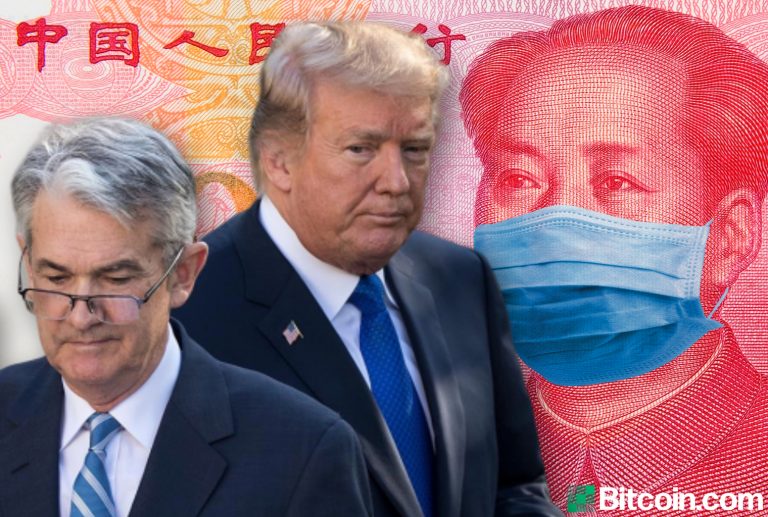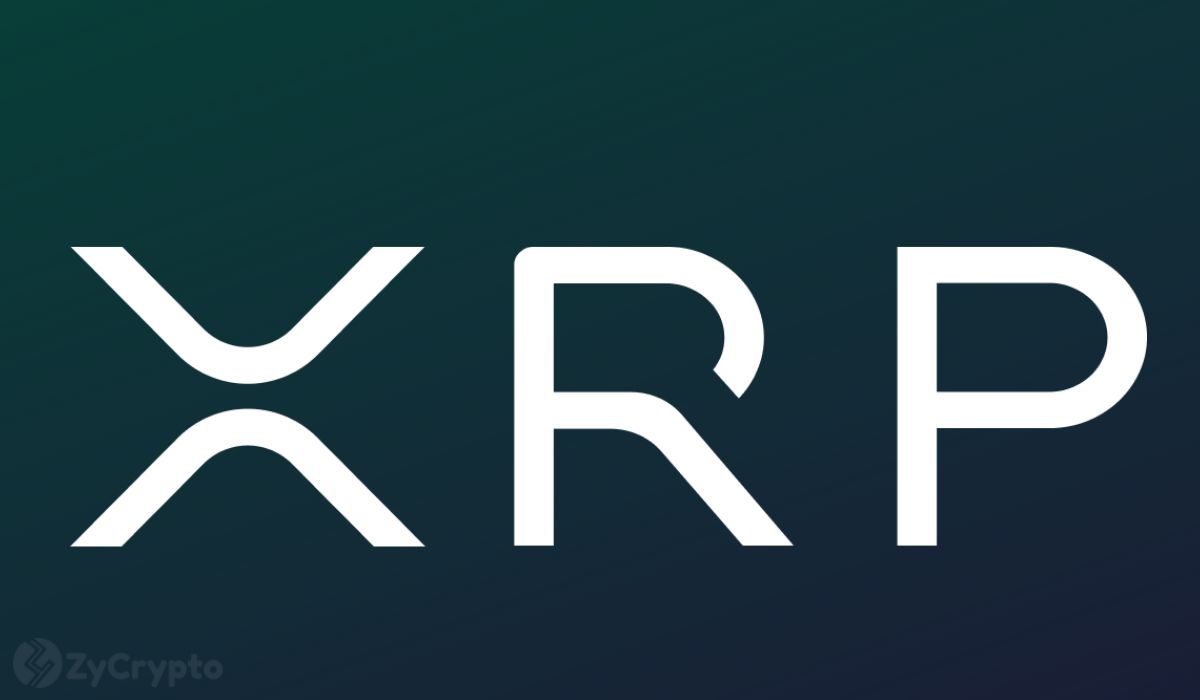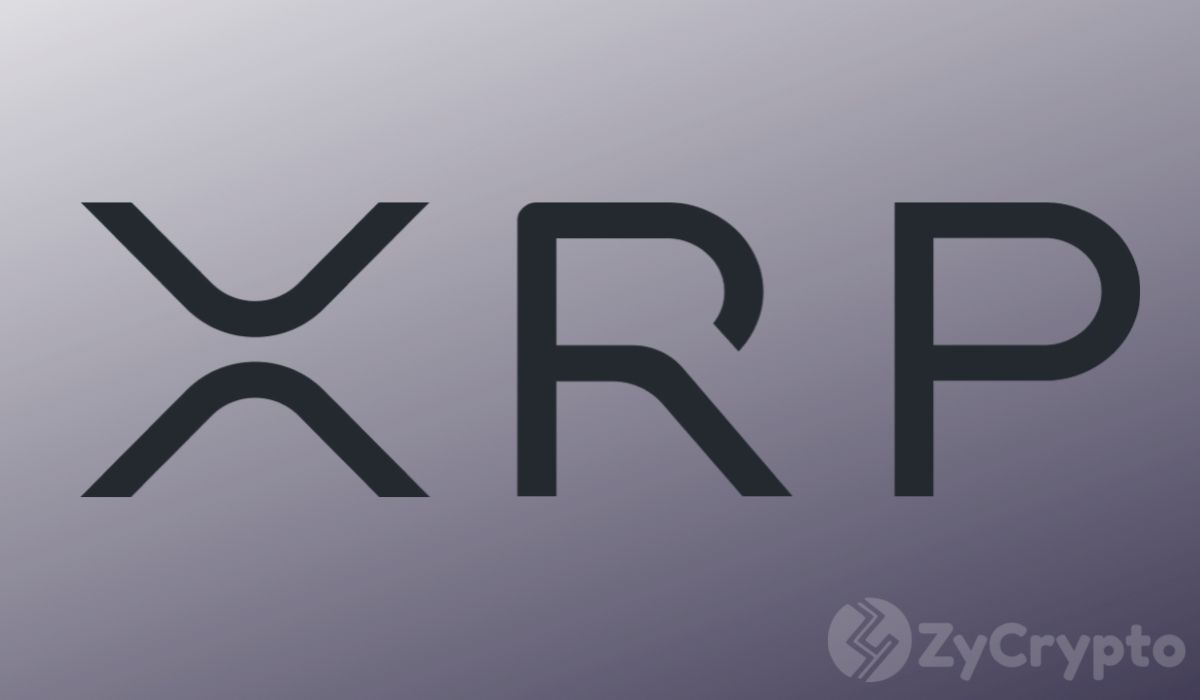
2021-11-17 11:16 |
Ripple today published a proposal stipulating regulatory standards that would define the trajectory of cryptocurrencies and digital assets. According to an announcement by the San Francisco-based fintech firm, the proposal hopes for a regulatory landscape that taps into the unutilized potential of crypto and blockchain technology.
Ripple’s Vision For Cryptocurrency RegulationRipple, the company behind XRP and whose executives have on multiple occasions lambasted the United State’s lack of regulatory clarity in the crypto industry, shared its legal framework seeking to bolster innovation while safeguarding the interests of investors.
The proposed framework titled “A Real Approach to Cryptocurrency Regulation”, presents a number of measures that can provide regulatory clarity to the industry entities, consumers, and other market participants. Ripple believes an effective policy framework can be attained by collaboration and communication between the public and private actors. Ripple is open to having open dialogues with policymakers and offering its expertise regarding crypto-focused policies.
“That is the reason why we have proactively discussed the issue on a bipartisan basis with regulators and members of Congress. These conversations have helped shape our perspective on the type of regulatory clarity the industry and broader ecosystem need from regulators, as well as the type of requirements regulators should demand from the industry,” Ripple’s Head of Public Policy Susan Friedman added.
Ripple went on to cite a key example of this kind of active dialogue, the Eliminate Barriers to Innovation Act, a bill that was passed by House Reps in April but is pending in the Senate. The regulation demands the establishment of a crypto working group for the United States Securities and Exchange Commission (SEC), the Commodity Futures Trading Commission (CFTC), and fintech companies.
Ripple also suggested that the existing regulatory framework under which the legacy financial services industry is governed may be applied to crypto assets — but with a few modifications to better fit the unique characteristics of the burgeoning sector.
Lastly, the company advocated for fostering innovative sandboxes that would allow network developers to build for a given period of time without being constrained by strict federal securities laws. Congressman Patrick McHenry proposed a safe harbor bill for digital currencies that bears some similarities to a proposal previously outlined by pro-bitcoin SEC Commissioner Hester Peirce.
US Regulators And Crypto CompaniesInstead of taking the regulation-by-enforcement approach, Ripple is convinced that the above-mentioned proposals will boost innovation as well as the growth of the crypto industry in the US.
In October, Coinbase urged Congress to replace the SEC with one federal regulator who will oversee the crypto industry. Notably, both Coinbase and Ripple have had run-ins with the SEC in recent months.
While Ripple is still mired in a high-profile suit with the agency, Coinbase was forced to cancel the launch of its Lend product after SEC balked. Ripple execs have in the past suggested exiting the US to overseas where there are more friendly regulations.
The price of XRP, meanwhile, has failed to match the impressive gains of Solana and Shiba Inu but is nevertheless up by over 394.31% in the past year — higher than bitcoin’s 108.30% YTD gains. XRP is hovering at $1.10 as of press time, and its market cap was seventh among all crypto coins at around $51.99 billion.
origin »Bitcoin price in Telegram @btc_price_every_hour
Ripple (XRP) на Currencies.ru
|
|































